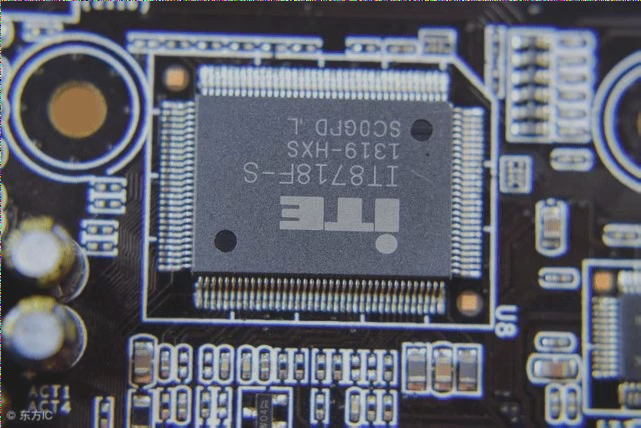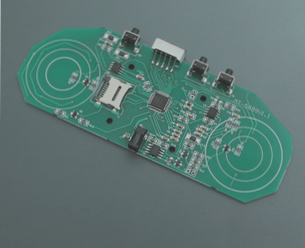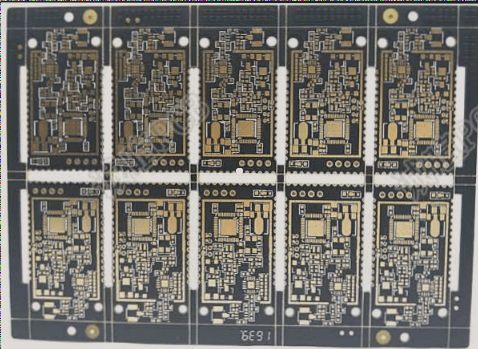Important Considerations for PCB Design
When designing a PCB, there are several crucial factors to keep in mind to ensure optimal manufacturing and assembly processes:
1. Spacing Requirements
- Minimum trace spacing should not be less than 4 mils, with a common practice of 10 mils.
- Spacing between pads should be at least 0.2 mm.
2. Pad Size and Width
- Minimum pad aperture for mechanically drilled pads is 0.2 mm.
- For laser-drilled pads, the aperture should be a minimum of 4 mils.
- Minimum pad width should not be less than 0.2 mm.
3. Clearance and Safety Distances
It is essential to maintain specific clearances and safety distances to avoid issues during production and assembly:
- Recommended distance between copper features and board edge is at least 0.3mm.
- For large copper areas, retract them from the board edge by 20 mils to prevent potential problems.
- Ensure proper spacing for character width, height, and spacing to avoid processing and printing complications.
- Distance between vias should exceed 8 mils for optimal performance.
- Maintain a minimum space of 8 mils between silk screen and pad to prevent tinning and mounting issues.
- Consider mechanical 3D height and horizontal spacing to avoid conflicts with other structures.
Adhering to these guidelines will help ensure that your PCB design meets manufacturing standards and minimizes complications during production and assembly processes.




